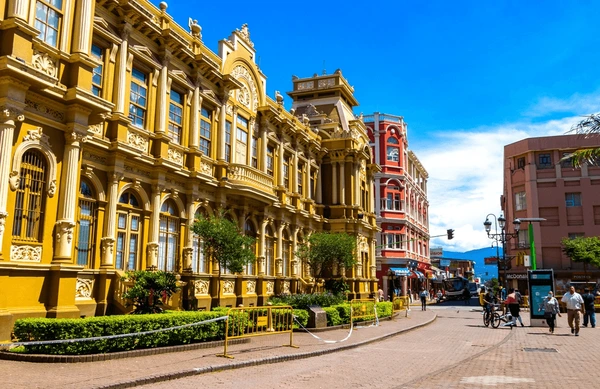In a recent exposé titled “‘We used to give hope to the world’: Costa Rica’s Environmental Stewardship in Decline?” The Guardian sheds light on the concerning downward trajectory of the nation’s commitment to environmental protection.
The article commences by underscoring Costa Rica’s problem with agrochemicals and their far-reaching consequences on communities nationwide.
“With the rise in crops has come an increase in the use of agrochemicals. Laboratory tests have confirmed that residues of chlorothalonil, a fungicide banned in Europe – and in Costa Rica in recent times – have seeped into the springs of Santa Rosa de Oreamuno, a small agricultural district in the north-eastern hills of Central Valley, and the neighboring town, Cipreces, affecting a population of nearly 9,000 people,” as reported by The Guardian.
This alarming scenario has resulted in challenges such as water contamination, compelling citizens to resort to water supply trucks as tap water is deemed unsafe for consumption.
“Even with the new ban on chlorothalonil, water and farmland pollution will remain two of the most pressing environmental challenges facing Costa Rica. The country has one of the highest intensities of pesticide use in the world, and, despite being rich in natural resources, the proportion of its population served by the water supply fell below 90% in 2022,” the newspaper added.
Despite Costa Rica’s longstanding reputation for conservation efforts and sustainable development, the article suggests a perceptible shift in recent times.
“In recent years, environmental programs have suffered from financial cuts while ecosystems have been overwhelmed by a rise in tourism. Experts argue that Rodrigo Chaves’s new government tends to prioritize economic development over environmental protection,” they highlighted.
Concerns are mounting among conservationists who fear the adoption of anti-environmental policies and ideologies that could jeopardize the nation’s ecosystems.
For instance, the article spotlights the predicament in Manuel Antonio, which “has received more than half a million visitors in a year, endangering the mangrove, marine environment, and tropical rainforest.” The Constitutional Court stepped in by reducing the number of allowed visitors—a decision that faced vehement criticism from the Costa Rican President.
“We did very good things decades ago, and we still have good results from that, in addition to having developed the tourism industry. But we stopped doing it a long time ago. Controls have been weakened, and budgets have been reduced. In some sectors, the idea that the environment is an obstacle to development has grown,” noted Rafael Gutiérrez, former environmental vice-minister.
Source link
Tico Times



